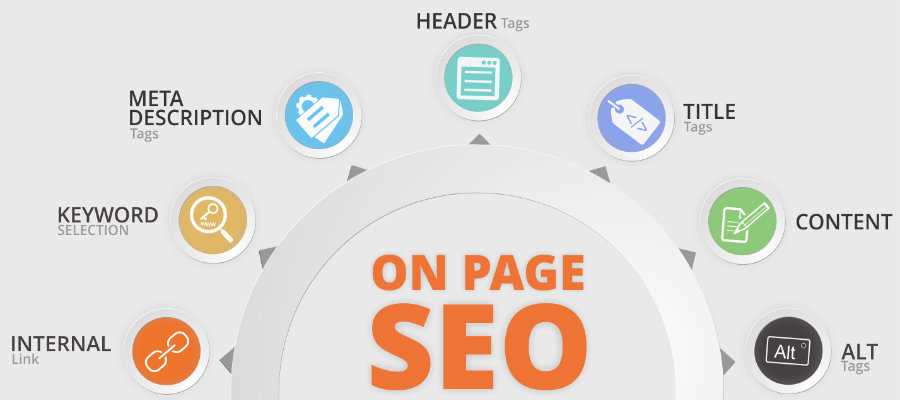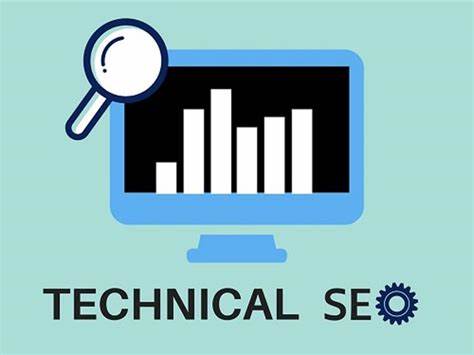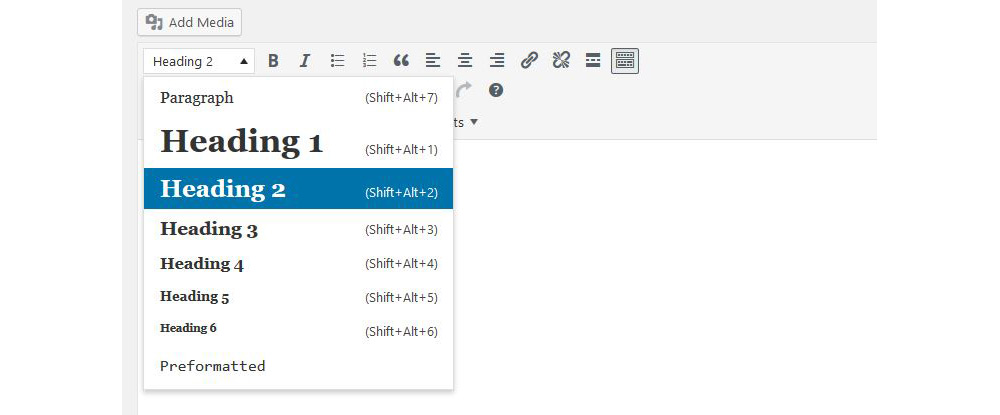What is domain analysis? Similar to how they are used in the SEO sector, domain rating and authority are two critical factors that are used to analyze a website and compare it to others in the same area.

This article will go through “what is domain analysis” and all the detailed information that helps us understand the domain analysis approach. So, let’s dig right into the content.
See Also: Free Domain SEO Analysis Tool
What Is Domain Analysis?
You may immediately pull the most competitive SEO metrics using the Domain SEO Analysis procedure, enabling you to launch your research immediately.
It is the process of auditing a website to find areas for improvement in how it appears in search engine results. An associated objective is to increase organic referral traffic directly from search results while enhancing SERP (search engine results placement). Organic referral traffic is one of the fundamental SEO performance indicators that marketers track as part of their overall strategy.
SEO domain analysis demands you to look beyond where you are and assess where you are heading, figuring out where you need to improve. You may create a complete picture of your execution using all the information you get throughout an analysis, highlighting areas where you’re doing poorly or missing out on possibilities.
How Is SEO Domain Analysis Important?
SEO analysis is to carefully evaluate a website to understand how well it has been optimized and what can be done to improve it.
Before performing an SEO analysis, website admins must carefully examine the content on their portal. They are interested in the keywords and performance of the content that has been optimized for them.

By putting the brand URL into the search bar of the hosting platform, it is simple to check different keywords the website ranks highly for. Examining keyword reports reveals which specific pages are classified as the ones in your keyword list.
What Are The Types Of SEO Domain Analysis?
On-Site SEO Analysis
On-site SEO, better-called on-page SEO, is the procedure of advancing characteristics on a web portal to categorize better and lure more relevant traffic from search engines (which is the opposite of Off-site SEO, which resists linking from foreign websites and other foreign connectivity).

Off-Site SEO Analysis
Off-site SEO, better termed “off-page SEO,” depicts activities that influence your ranks on search engine results pages (SERPs) but do not appear on your page. It is one of the few SEO fundamentals essential for website ranking through SEO practices.

Technical SEO Analysis
Technical SEO refers to making sure a website conforms to the technical requirements of contemporary search engines to obtain higher organic rankings. Website architecture, crawling, indexing, and rendering are essential factors of technical SEO.

How To Conduct SEO Domain Analysis?
Examine Google Visibility
It’s crucial to begin your SEO analysis from a high perspective. Find out how many of your website’s pages are listed in the search results to grasp your website’s total Google exposure better.
Reviewing your website’s scaling can give you a better watch of what to enhance further. Since Google is what we prioritize the most and we are opting for, it is fair to start with that first.

Search engines use meta descriptions and meta tags, which are like concise summaries of what is on your page. It significantly impacts SEO and aids bots in indexing your pages using pertinent keywords.
Checking Meta Descriptions
You have to ensure that every individual page has a distinct meta description and that there aren’t any duplicates. The descriptions, with a character count of between 135 and 160, should contain the relevant keywords.

URL Format
Your URLs should contain four to five words that adequately convey the page’s content. If your URLs need improvement, do so that search engine bots can recognize them more easily.

Checking Headings And Titles
Your website’s names and headings should all use relevant keywords. Look over your headers and titles to see if any keywords are used. Create a new SEO campaign if the keywords have a considerable search volume. It might be challenging to rank for prominent search volume keywords due to the significant competition they typically have. Additionally, it would help if you made the titles visually appealing to encourage users to click on them.

Reviewing images
Images are a proper (and unnoticed) technique to improve the Google optimization of your content. Your target keywords can be added to various picture properties to increase the page’s topical relevance. And help your photos rank in Google Image Search, increasing website traffic.

Conclusion
For SEO and websites, domain analysis plays a vital role in forming a standard of improvement. It involves background information on the essential setbacks and how they can improve. Hence, a regular check on the SEO domain.
Now that we have understood “what domain analysis is,” it will be easier for us to understand its cruciality. Remember that without a domain check, verifying changes in a website is impossible.
WebHelpAgency’s SEO Audit Report
While we talk about “what is domain analysis” in web technology, it is necessary to understand that a website’s SEO audit report is crucial for its availability. You can do it manually, but why work extra hours when we can give you the best SEO audit report?
At WebHelpAgency, we coordinate the day-to-day actions of a website, to which you can include the SEO audit report.
From web development to migration, we have all the assistance aligned for your web page. So, why would you look elsewhere when the best is at your fingertips?
